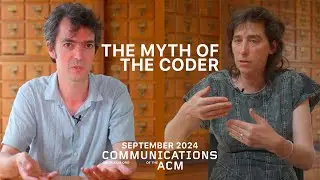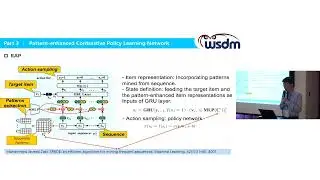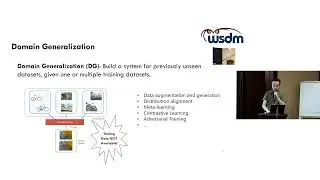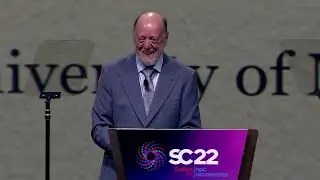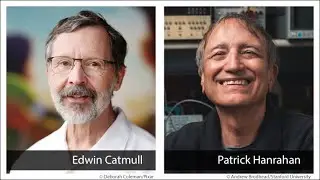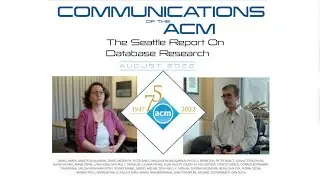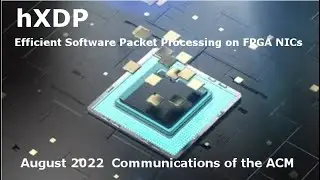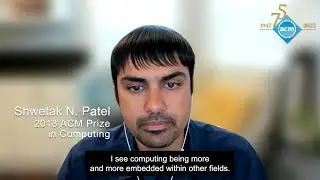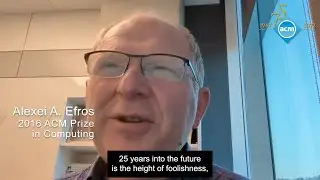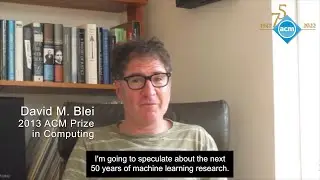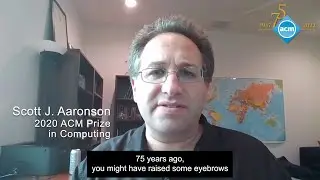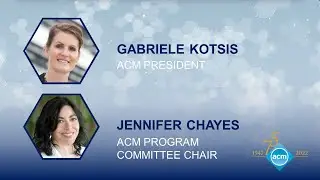Developing Vascular Digital Twins to Shift from Reactive to Proactive Care
Title: Developing Vascular Digital Twins to Shift from Reactive to Proactive Care
Date: October 30, 2024
Duration: 1 HR
SPEAKER
Amanda Randles
Duke University; ACM Prize in Computing Recipient
MODERATOR
Michela Taufer
University of Tennessee Knoxville; ACM Distinguished Scientist
ABSTRACT
The emergence of digital twin technology is transforming healthcare by shifting the paradigm from reactive to proactive care. These sophisticated, personalized virtual models of human physiology are especially impactful in simulating vascular systems, enabling the noninvasive diagnosis and treatment of conditions like stenosis. However, practical deployment in clinical settings faces significant challenges, such as managing vast datasets, computational complexity, and the need for real-time processing. This talk will focus on how high-performance computing addresses these obstacles through the development of the Longitudinal Hemodynamic Mapping Framework (LHMF). Unlike current models limited to single-heartbeat simulations, LHMF enables continuous, long-term hemodynamic analysis, simulating over 4.5 million heartbeats with negligible error. I will present its deployment on both traditional and cloud-based platforms, demonstrating its scalability and clinical relevance.
Furthermore, the integration of continuous physiological data from wearable technologies with digital twin models offers new possibilities for monitoring disease progression over time. This synergy, combined with advances in virtual reality, enhances clinician interaction with complex models, facilitating early disease detection and personalized treatment planning. By leveraging advanced computational methods and digital health innovations, digital twins have the potential to revolutionize healthcare, driving a proactive approach that improves patient outcomes.







![[Ep.553, WEi] Еженедельный Айдол/Weekly Idol (рус.саб)](https://images.videosashka.com/watch/oWpe77N8Y2E)
